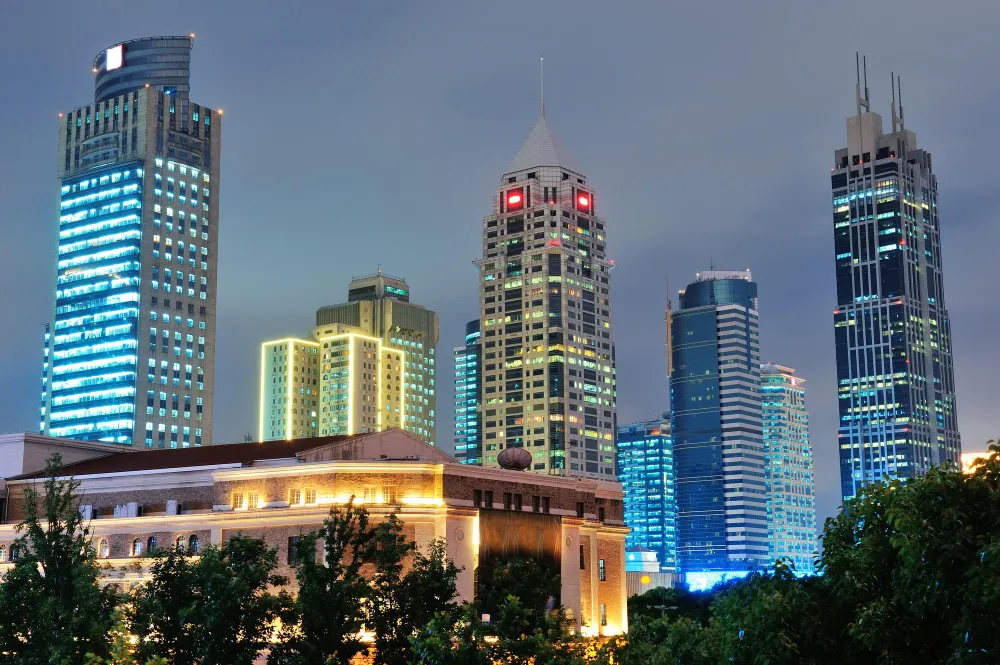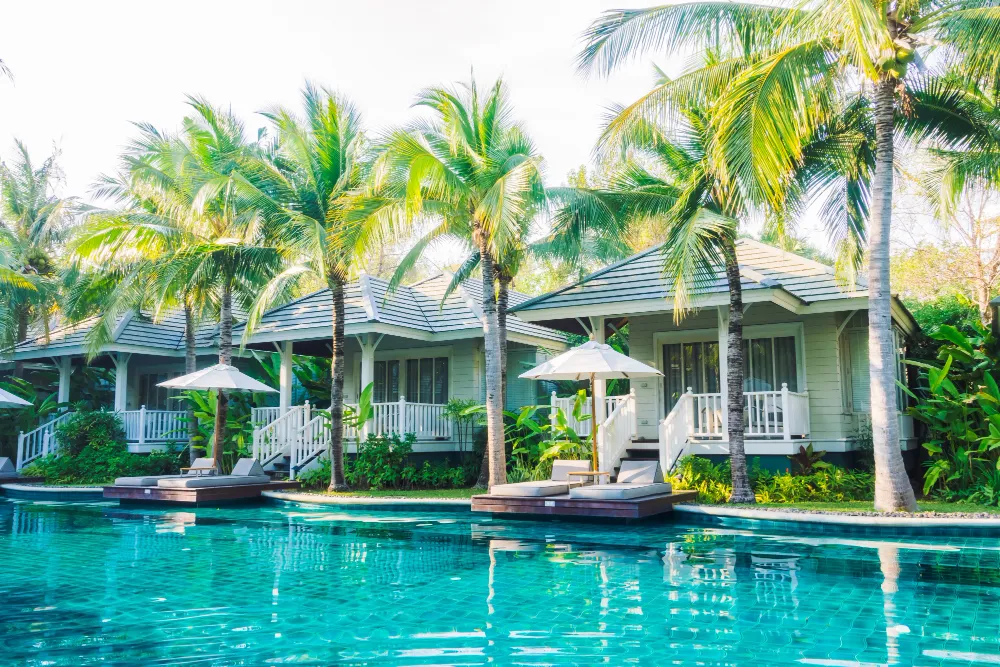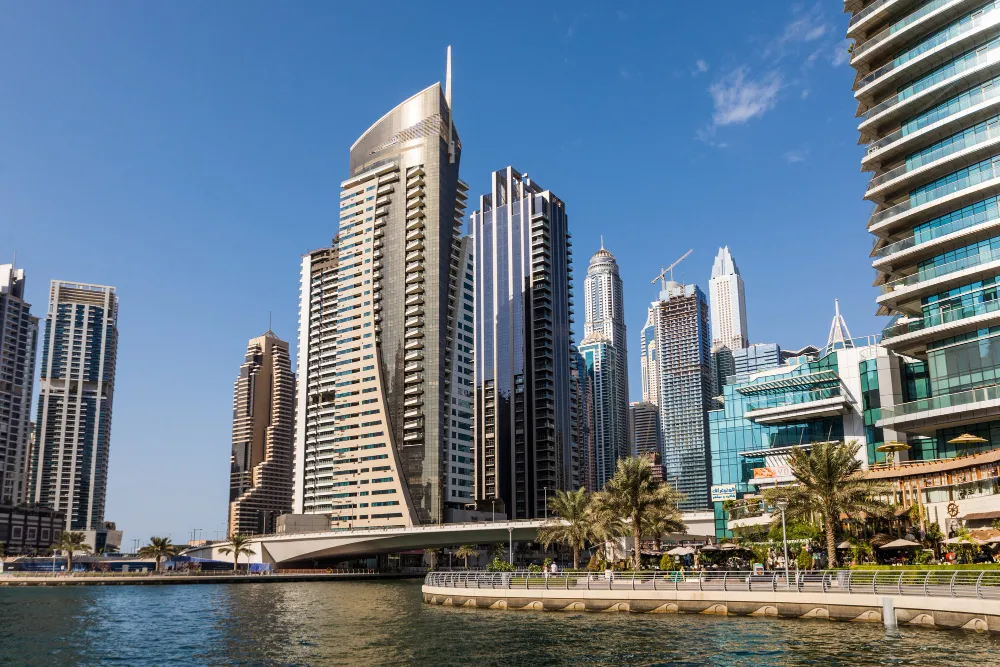Dubai has become one of the world’s most sought-after real estate markets, attracting both local and international investors. With its tax-free environment, growing population, and futuristic developments, Dubai real estate offers unmatched opportunities in 2025.
Why Dubai is a Global Real Estate Hub
Strategic Location – Dubai connects East and West, making it a global business center.
Tax-Free Benefits – No income tax on rental yields or capital gains.
High Rental Returns – Average rental yield between 6%–10%, among the highest worldwide.
Expo Legacy & Dubai 2040 Plan – Infrastructure growth creates long-term demand for properties.
Popular Property Hotspots in 2025
Dubai Marina – Lifestyle apartments with waterfront views.
Downtown Dubai – Luxury properties near Burj Khalifa and Dubai Mall.
Palm Jumeirah – Iconic villas and holiday homes.
Dubai Creek Harbour – Emerging community with future skyscrapers.
Investment Opportunities
Residential Properties – Apartments, villas, and townhouses.
Commercial Properties – Offices, retail, and hospitality investments.
Off-Plan Projects – Affordable entry prices with high appreciation potential.
Conclusion
Dubai continues to shine as a property investment destination with lucrative returns and world-class developments.
👉 Looking to invest in Dubai real estate? Contact Opal Green Properties today and find the perfect property for your future.
2. A Complete Guide to Buying Property in Dubai as a Foreigner
Introduction
Many people ask: “Can foreigners buy property in Dubai?” The answer is YES. Dubai’s freehold laws allow foreign nationals to purchase property in designated areas.
Step-by-Step Guide
Choose a Freehold Area – Popular choices include Dubai Marina, Downtown, JVC, and Palm Jumeirah.
Select the Right Property – Off-plan or ready-to-move properties.
Hire a Trusted Real Estate Agency – To ensure transparency and legal support.
Sign the Sale Agreement (Form F) – Provided by the Dubai Land Department (DLD).
Pay Initial Deposit (10%) – Secure your property with a down payment.
DLD Registration – Ownership is registered officially.
Final Payment & Title Deed Issuance – You now own your Dubai property.
Costs Involved
DLD Registration Fee – 4% of property price.
Agency Fee – Around 2%.
Mortgage Registration (if applicable) – 0.25%.
Legal Requirements
Passport copy (for foreigners).
Valid visa (residency not always required).
Proof of funds.
Conclusion
Buying property in Dubai as a foreigner is straightforward when you work with the right experts.
👉 Opal Green Properties helps international clients own premium Dubai properties with ease. Get in touch today!




